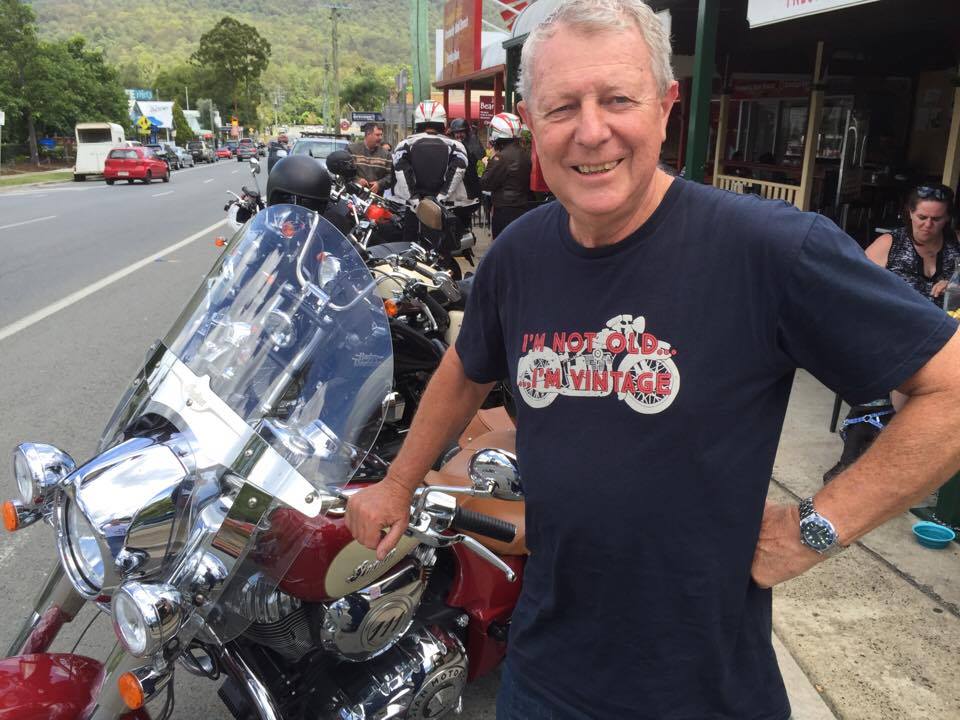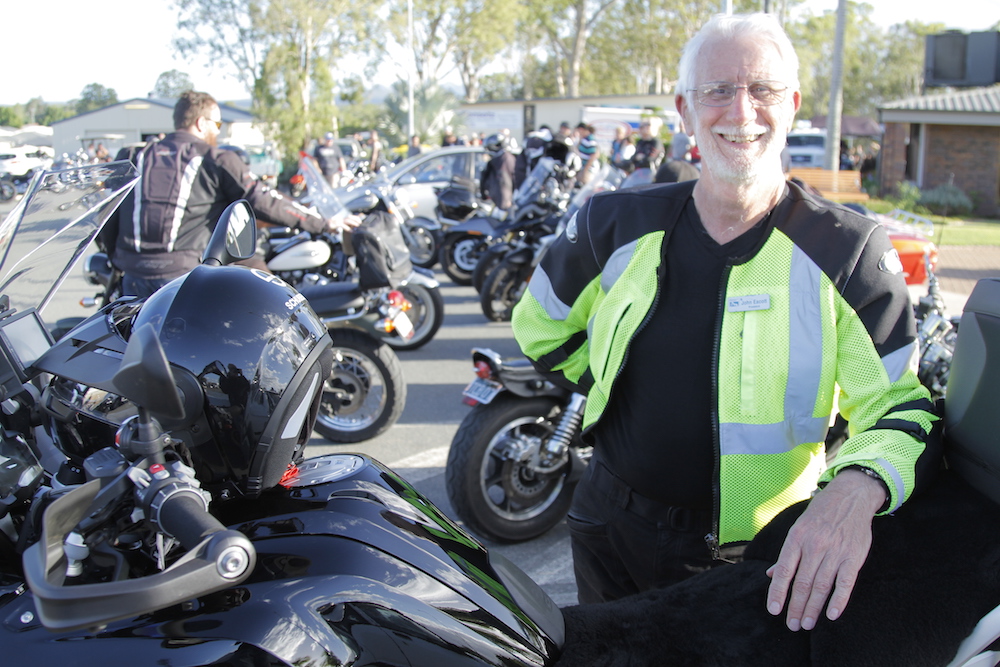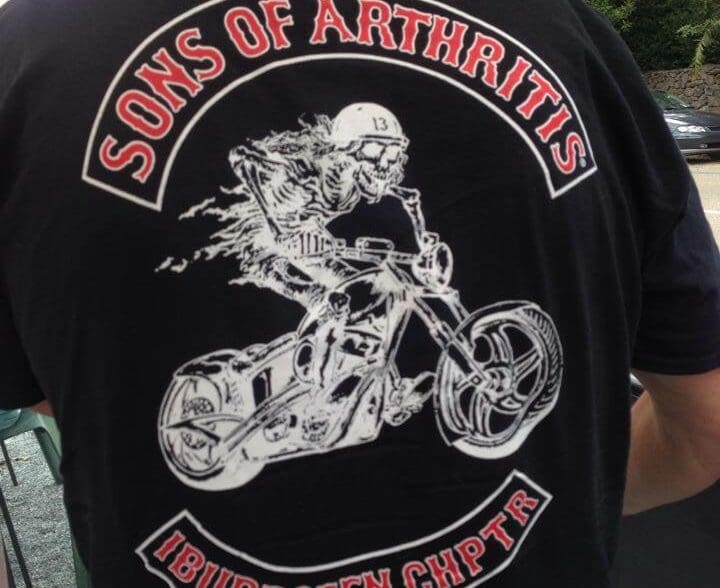Motorcycle licences should have a time limit to reduce the risk of matured-aged returned riders crashing, a road safety summit has heard.
A Victorian Road Trauma Summit was convened last week after a shocking start to the year with 26 motorcyclist deaths, nine above the five-year average of 17 and 10 more than last year. Many more have been injured and there has been a spate of hit-and-run accidents leaving riders dead or injured.
While motorcycle safety only played a small part in the summit discussions, there was a suggestion by one female academic that returned riders were over-represented in the statistics.
The issue was that motorcycle licences don’t expire, which allows mature-aged riders to return after a long spell off the motorcycle with no retraining required.
Time limit

The summit heard a suggestion that a time limit be imposed on motorcycle licences of 10 to 20 years if the licence holder does not own a registered motorcycle or scooter.
It was suggested that to keep the licence, riders be required to do a one-day training refresher course that focuses on potential risks for riders.
This is not a new suggestion.
It has also been suggested that mature-aged riders would need training in modern motorcycle technologies such as ABS and introduce them to new road laws such as lane filtering.
Returned rider ‘furphy’

However, Victorian Motorcycle Council media spokesman John Eacott has previously pointed out that police and road safety authority claims that returned riders are the biggest safety risk on the road is a “furphy”.
His analysis of Traffic Accident Commission statistics showed that older riders account for less than 50% of fatals and hospitalisations yet comprise 70% of licensed riders.
Motorcycle Riders Association of Victoria spokesman Damien Codognotto says the subject of limited motorcycle licences is a “Trojan Horse”.
“It opens a door to licence restrictions on road riders and making it look like riders initiated moves to make it harder to hold a bike licence,” he says.
He says car drivers of similar ages drive much heavier machines that can do a lot more damage.
“There are many many more of them than there are bike riders and they are involved in many more serious injury crashes,” he says.
Safety summit
The state government’s summit included experts from the TAC, VicRoads, VicPol, MUARC, RACV, Road Trauma Support Services Victoria and cycling and motorcycle advocates including the Victorian Motorcycle Council and the Motorcycle Expert Advisory Panel.
It will be followed by community roundtables across regional Victoria where road deaths have spiked at 72 compared with 41 in metropolitan Melbourne.


